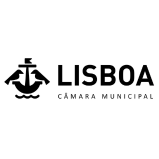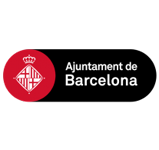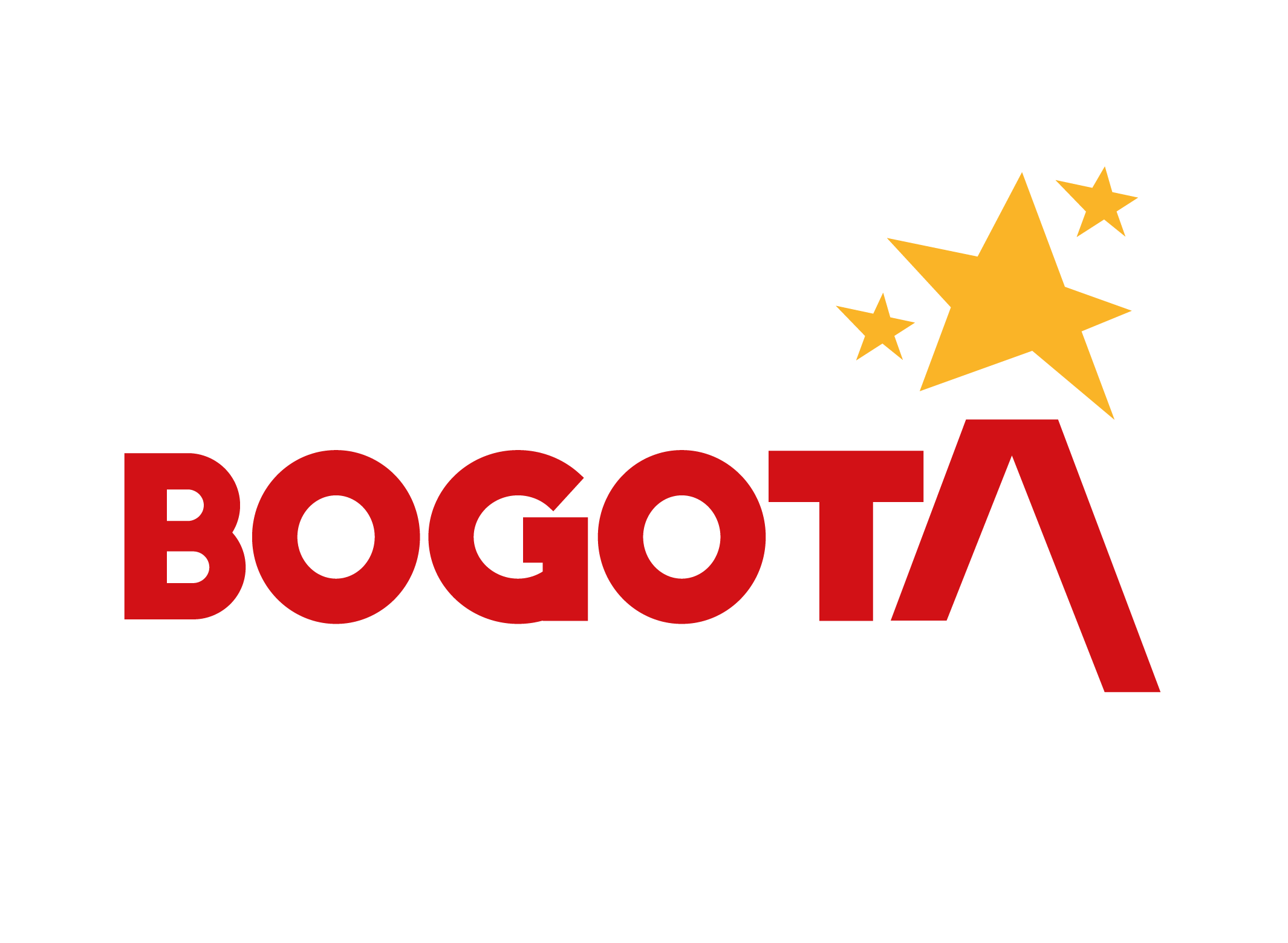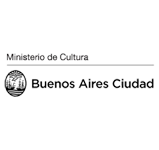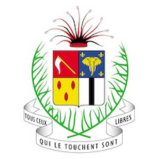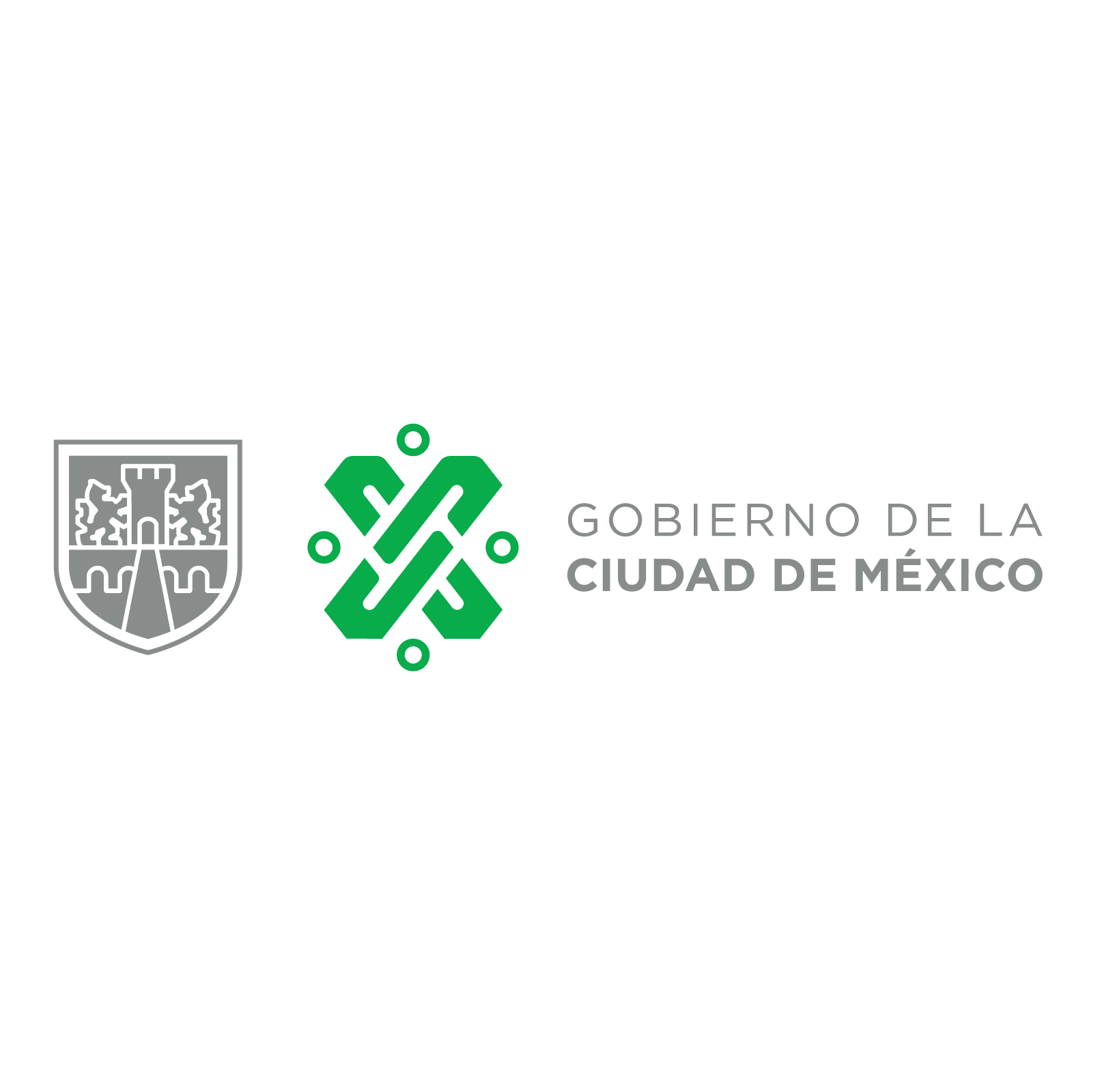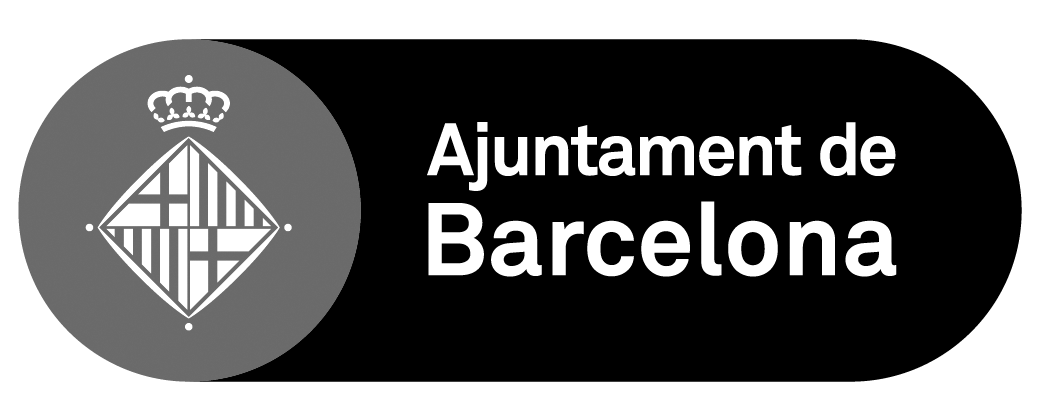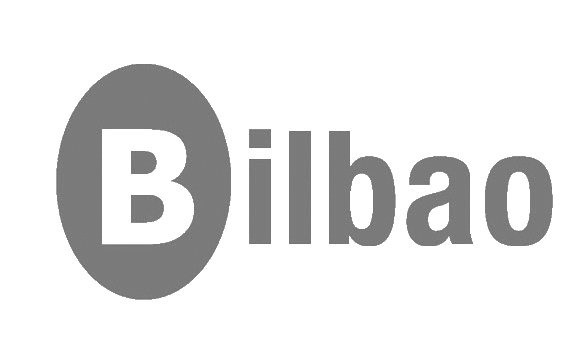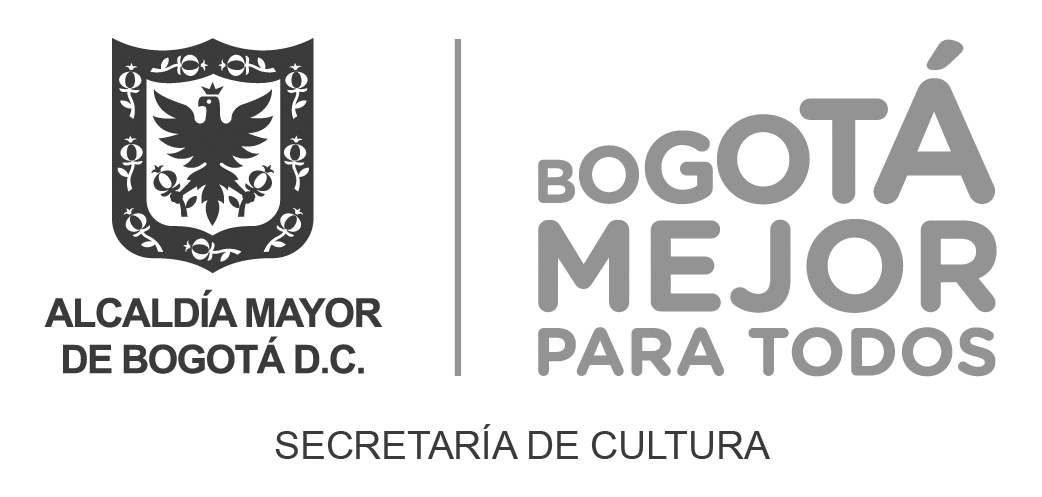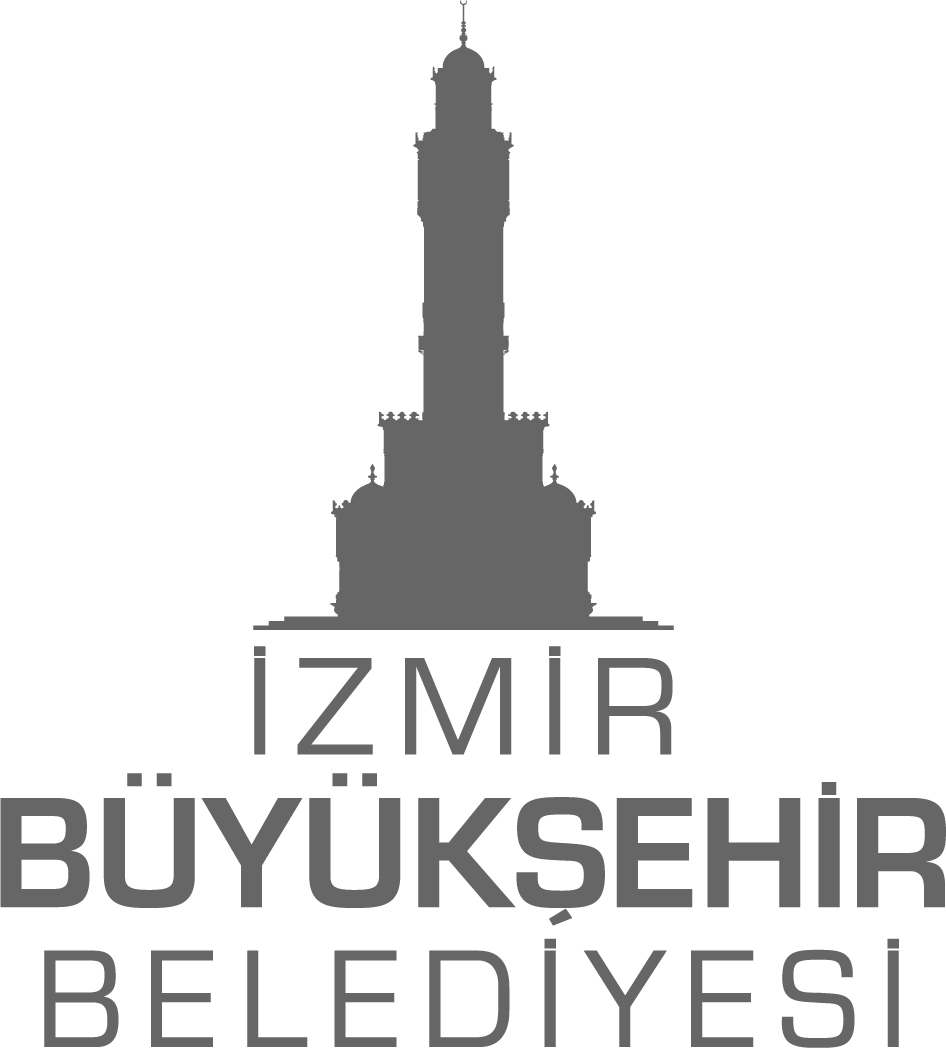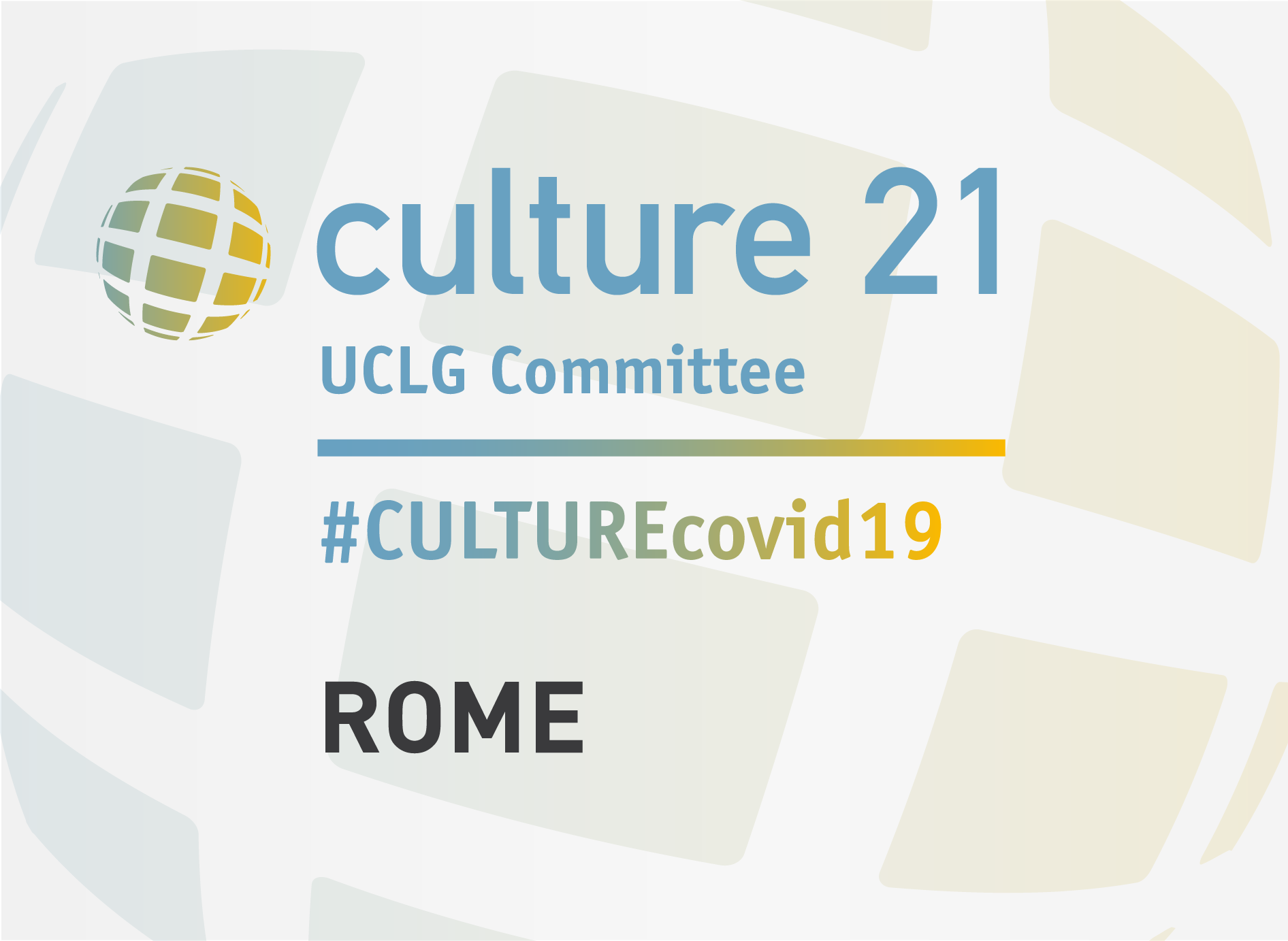
Culture in Rome – Covid-19
During the severe emergency phase of the pandemic, Roma Capitale worked at connecting, monitoring and acting at different levels, considering the interrelation of policies at diverse governance levels that have an impact on the cultural life of a city. Each level required a different approach that can be fully read in respect to all areas of action.
The main levels considered are:
- local
- regional and national
- international
The evolving interrelation between the three layers is crucial to be monitored and quickly adapted in order to elaborate organic answers not only for the cultural sector itself but also for citizens’ participation to cultural life.
The main issues emerged are related to financial liquidity and survival of the sector, medium and long-term repercussions on the management of live performances and uncertainty about new measures for making use of cultural spaces. For these reasons, immediate policy interventions have been carried out:
Local level
- Create online initiatives (e.g.: #laculturaacasa) that collect and connect new and existing initiatives carried out by Rome cultural institutions, with the involvement of foreign Cultural Academies and Institutes in Rome and dedicated either to this specific moment or to specific issues/themes
- Guarantee the continuity of payment and funds disbursement to cultural agents by the municipality cultural departments for the next three years and simplification of the existing procedures for auditing to already selected private operators
- Reduce or temporary abolish some of the city taxes directly related to the actual realization of activities/functioning of cultural spaces, as well as allocating new resources to distribute among local cultural operators in coordination with the 15 Rome sub-municipalities
- Activate a constant dialogue with operators as well as the city’s cultural institutions and their different founding members; this includes the creation of a permanent task force that meets weekly to follow the financials as well as the reinvention of institutional cultural activities both in the short and medium-long term period
- Re-organise the data gathering system and analysis of cultural institutions and activate a local system of monitoring for the sector (including the most invisible and fragile workers not tracked in existing systems) and its long-term impacts
National and regional level
- Develop an active coordination and advocacy activity with other big national cities both on advocating and creating synergies in requesting economic-welfare support for the sector in all its very fragmented forms and on asking for more flexibility in management of local authorities
- Keep a permanent dialogue with the national and regional governance aimed at creating support tools and measures for those working in the sector and for the sector itself and elaborating new measures that impact on the distribution of resources
- Contribute to the collection of data that can play a role in monitoring the evolution of the COVID-19 impact on the sector and its spillover effects
International level
- Lead with UCLG an international process dedicated to better explore the strategic role of participating in city’s cultural life in identifying new developmental models, now that COVID-19 is offering an ampler opportunity to discuss and understand the role of culture in developing societies.
